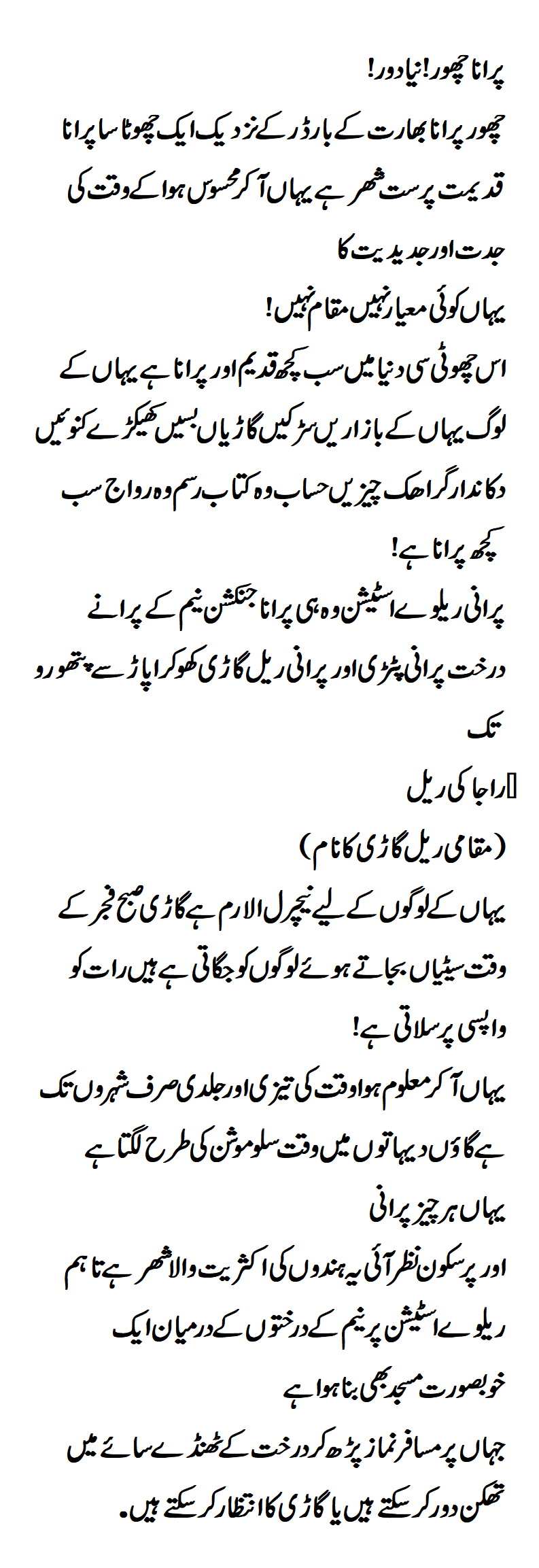In spite of the fact that he fought in the battles of Badr, Uhud, Khandaq and other major encounters, an-Nuayman remained a light-hearted person who was quick at repartee and who loved to play practical jokes on others.
He belonged to the Banu an-Najjar of Madinah and he was among the early Muslims of the city. He was one of those who pledged allegiance to the Prophet at the Second Pledge of Aqabah. He established links with the Quraysh when he married the sister of Abdur Rahman ibn Awf and later Umm Kulthum the daughter of Uqbah ibn Mu’ayt. She had obtained a divorce from her husband az-Zubayr ibn al-Awwam on account of his harshness and severity.
Unfortunately for a time an-Nuayman became addicted to alcohol. He was caught drinking and the Prophet had him flogged. He was caught a second time and then he had him flogged again. Because he still did not give up the habit, the Prophet ordered that he be flogged with shoes. When all this did not persuade him to stop drinking, the Prophet finally said: “If he goes back (to drinking) then kill him.”
This was a severe Pronouncement and Umayr, one of the companions of the Prophet, understood from it that should he return to the drinking of alcohol, an-Nuayman would go outside the pale of Islam and deserve death. Umayr gave vent to his anger and disgust by saying: “La ‘nat Allah alayhi – may God’s curse be on him.”
The Prophet heard Umayr’s imprecation and said: “No, no, don’t do (such a thing). Indeed he loves God and His Apostle. The major sin (as this) does not put one outside the community and the mercy of God is close to the believers.”
While being firm, the Prophet still held out hope for an-Nuayman’s reform especially on account of his past sacrifices as a veteran of Badr. Because he was not someone who went out of his way to conceal his actions, it was easier for him to acknowledge his crimes and repent and seek forgiveness from God. This he did and he won the favor of the Prophet and his companions who enjoyed his pleasantries and his infectious laughter.

Once an-Nuayman went to the suq and saw some food being sold which appeared to be tasty and delightful. He ordered some and sent it to the Prophet as if it were a gift from him. The Prophet was delighted with the food and he and his family ate of it. The vendor of the food then came to an-Nuayman to collect the price of it and an-Nuayman said to him: “Go to the Messenger of God it was for him. He and his family ate it.”
The vendor went to the Prophet who in turn asked an-Nuayman: “Didn’t you give it to me?” “Yes,” said an-Nuayman. “I thought you would like it and I wanted you to eat some of it so I had it presented to you. But I don’t have any dirhams to pay the vendor for it. So, pay, O Messenger of God!”
The Prophet had a good laugh and so did his companions. The laugh was at his expense, literally, for he had to pay the price of the unsolicited gift. An-Nuayman felt that two benefits came out of the incident: the Prophet and his family ate food that they enjoyed and the Muslims had a good laugh.
Once Abu Bakr and some companions went on a trading expedition to Busra. Various people on the trip were given fixed duties. Suwaybit ibn Harmalah was made responsible for food and provisions. An-Nuayman was one of the group and on the way he became hungry and asked Suwaybit for some food. Suwaybit refused and an-Nuayman said to him:
“Do you know what I would yet do with you?” and went on to warn and threaten him but still Suwaybit refused. An-Nuayman then went to a group of Arabs in the suq and said to them: “Would you like to have a strong and sturdy slave whom I can sell to you.” They said yes and an-Nuayman went on: “He has got a ready tongue and is very articulate. He would resist you and say: ‘I am free.’ But don’t listen